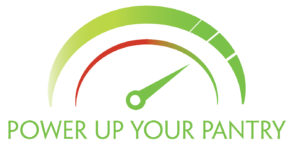
This webinar series featured discussions about burnout and what food pantry directors, staff, and volunteers can do to recognize it, address it, and prevent it…in themselves and others.
This free series also featured facilitated discussions for food pantry and food bank volunteers and staff to talk about the challenges and opportunities of providing hunger relief during the Covid-19 pandemic.
The series agenda is below.
Understanding & Identifying Burnout
The term “burnout” seems to be everywhere, but what does it really mean? What does it look like when someone is experiencing burnout versus “just” stress? And how do we know if we are experiencing true work-related burnout or simply pandemic-related burnout? Join this session to learn more about burnout, how to recognize it in yourself and others, and why it’s especially important for those in helping professions to understand and identify burnout.
Addressing Burnout
When burnout occurs (and yes, it’s “when”, not “if” in our current sustained levels of pandemic-related stress and ambiguity, especially in helping-related professions), what can be done? Join this session to learn more about the three different dimensions of burnout and how each can be addressed, as well as the importance of engaging both individual and organizational strategies to address burnout in employees.
Preventing Burnout
What can we do to help prevent burnout in employees, and in ourselves? It’s more than just saying we need to do more self-care activities. While self-care is important, it’s not enough – organizational culture needs to promote and support the wellbeing of employees. Join this session to learn how your organization can engage, support, and build resilience in employees to help them thrive, even in the most stressful of times.
Funding for this project is provided in part by the Missouri Foundation for Health. The Missouri Foundation for Health is a philanthropic organization whose vision is to improve the health of the people in the communities it serves.